webinar
GMP Analytical Testing in Gene Therapy Products
Gene therapy holds the promise to transform medicine and creates options for patients who are living with incurable diseases. The industry has been booming in the last 20 years. Before a gene therapy product can be used in humans, the product must be tested for safety and effectiveness. This webinar focuses on the introduction of three critical test methods: AUC, Infectivity and RCL assays. Newly released FDA draft guidance for Industry on human gene therapy products will also be discussed.
Register to gain access to gated resources.
"*" indicates required fields

Resources to Consider

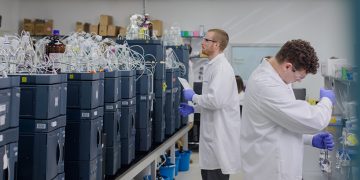
fact-sheet
CMC GMP Analytical Testing for New Chemical Entities and Commercial...
Ensure comprehensive product analysis with Frontage’s team of experienced analytical sci...
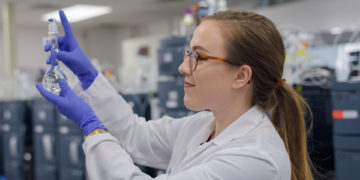
fact-sheet
CMC GMP Analytical Testing for Biologics
Due to their size, nature, and biological origin, biologics or biopharmaceuticals are inhe...
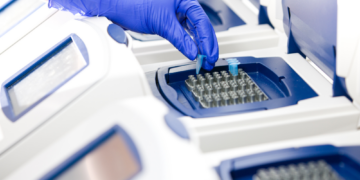
brochure
Gene & Cell Therapy Analytical Services
Frontage offers custom development and platform assays, technology transfers, and stabilit...
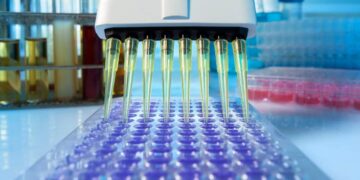
brochure
Biologics Analytical Testing Services
Frontage CMC biologics analytical team is experienced in supporting projects in various ph...
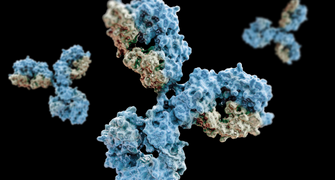
webinar
General Practices for Critical Reagents Usage in Bioanalytical Labs
In this webinar, Dr. Santosh Shah discusses the general industry standards for utilizing c...
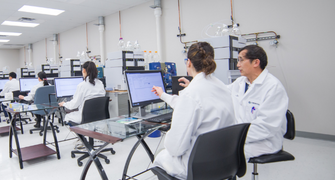
infographic
Bioanalytical Methods for Emerging Therapies
In this infographic, we share the emerging technologies beyond monoclonal antibodies and t...
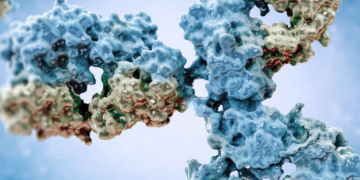
application-notes
Solving Unique ADC Bioanalytical Challenges
Multiple types of assays are needed for the diverse analytes in the matrix samples to have...

panel-discussion
Bioanalytical Developments in Cell and Gene Therapies
This informal discussion centers around gene therapy medicinal products and their potentia...
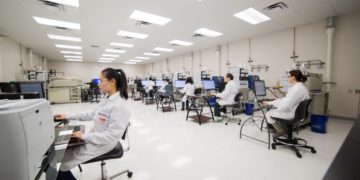
virtual-tour
Bioanalytical Virtual Tour
You can explore the facilities at Frontage Laboratories from your computer or with a VR he...

webinar
Metabolites in Safety Testing (MIST): Analytical Strategy
In this webinar, Dr. Philip Tiller reviews Metabolites in Safety Testing (MIST) and discus...

poster
Bioanalytical Drug Tolerance Limit Prediction and Optimization Model...
Award winning poster presented at the 14th WRIB
“The selection is based o...
“The selection is based o...

webinar
ADC Bioanalytical Strategies for PK Analysis of Antibody Drug...
ADCs (Antibody Drug Conjugates) combines the best of two modalities, toxic efficacy, and a...


